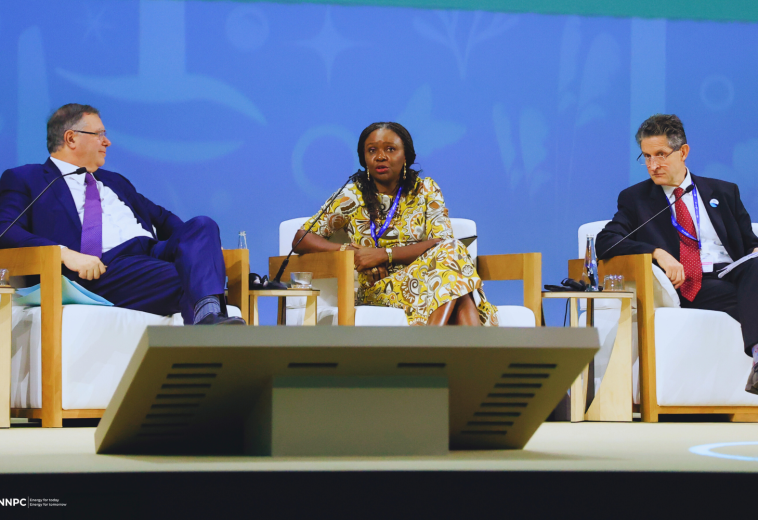A decade has passed since the departure of Nelson Mandela on December 5, 2013. As we mark this milestone, it prompts contemplation of the changes that have unfolded since the loss of South Africa’s iconic hero and global symbol of anti-apartheid resistance.
Professor Jonathan Jansen, an esteemed political columnist and Professor of Education at Stellenbosch University, reflects on the evolving perception of Mandela’s legacy. He notes that, while Mandela continues to be held in high esteem nationwide, the intensity of commemoration naturally diminishes over time, a phenomenon applicable to all revered figures.
The Nelson Mandela Foundation’s latest initiative, the interactive exhibition “Mandela is Dead,” held in collaboration with The Forge and Stellenbosch University, becomes a focal point in assessing Mandela’s lasting impact on South African society and politics. Launched on the eve of December, the exhibition aims to provide a nuanced perspective on the legacy of the revered leader.
The Nelson Mandela Foundation’s latest initiative, the interactive exhibition “Mandela is Dead,” held in collaboration with The Forge and Stellenbosch University, becomes a focal point in assessing Mandela’s lasting impact on South African society and politics. Launched on the eve of December, the exhibition aims to provide a nuanced perspective on the legacy of the revered leader.
In recent years, debates have emerged questioning the meaning of Mandela’s legacy. Intellectuals and students engage in discussions, pondering whether Mandela was indeed a “miracle maker.” Criticisms are voiced, accusing him of making concessions to F.W. de Klerk and the apartheid government during the transition to democracy. Others, such as historian Colin Bundy, adopt a more nuanced view, acknowledging Mandela’s significant impact despite inherent challenges.
Mandela, a symbol of resistance and reconciliation, led the African National Congress (ANC) through the darkest days of apartheid, guiding the nation into a democratic era without succumbing to major civil conflict. His vision of a non-racial, prosperous, and democratic South Africa faces scrutiny amidst contemporary socio-economic crises, power outages, and rampant unemployment.
The once-unconditional celebration of Mandela now occurs through both cynical and pragmatic lenses, considering his complexities and weaknesses. South Africa’s current challenges, including inadequate basic services and persistent issues like load-shedding, contrast sharply with the spirit of the first-decade post-liberation, which focused on moving from liberation to survival.
Today, South Africa grapples with profound challenges—state capture, power outages, and widespread unemployment—that starkly contrast with Mandela’s dream. Accommodations made during the transition to democracy are seen by some as allowing the persistence of apartheid-era inequalities.
Messages from the Mandela Is Dead exhibition’s message board, especially those from South Africa’s youth, reveal a deepening rift between Mandela’s vision and the contemporary South African experience. The lack of significant commemorative events on the anniversary of Mandela’s death, aside from localised observances, underscores this evolving sentiment.
Mandela’s ANC, once an unchallenged political force, faces the possibility of losing majorities in key provinces, signalling a shift in public sentiment and a potential reevaluation of Mandela’s influence in contemporary South African politics.
As the Mandela Is Dead exhibition calls for action, the muted commemorations and critical voices from the youth suggest a growing disillusionment with the current state of affairs. Mandela’s dream of a prosperous, equal South Africa remains a distant aspiration, emphasising the ongoing work required to realise his vision.


